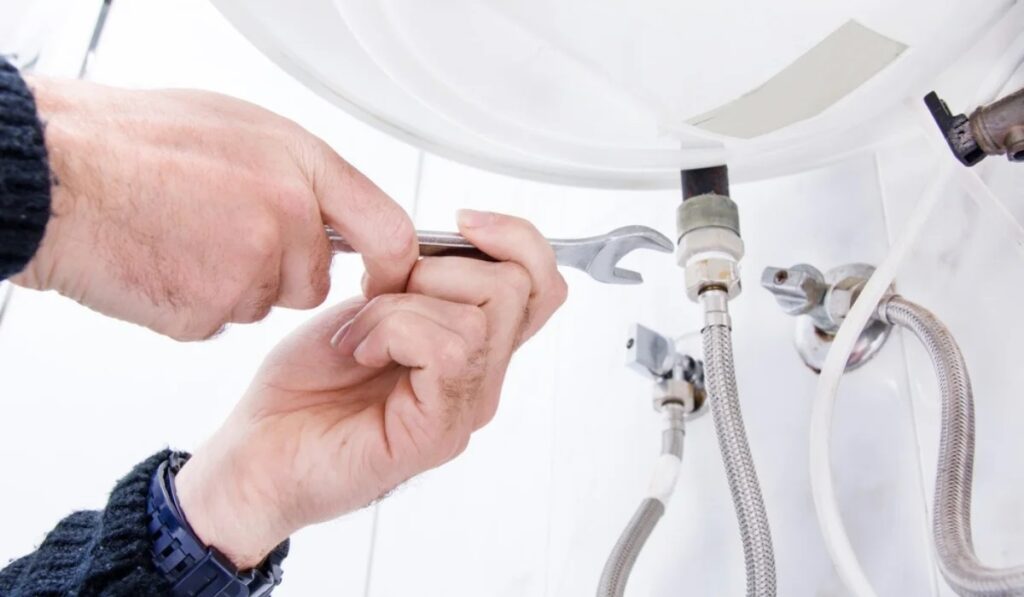Choosing an energy-efficient water heater involves more than just the initial purchase; it requires careful consideration of several factors that homeowners need to understand. However, the long-term benefits make this investment worthwhile. As technology continues to advance, the options for energy-efficient and eco-friendly water heater brands will only expand, offering even more opportunities for sustainable living
So, if you’ve decided to install one for yourself, here are some of the installation and maintenance tips that will be helpful for you and your family.
Installation Tips
While some homeowners may opt for DIY installation, hiring a professional ensures the unit is correctly installed, maximizing efficiency and safety. This is especially important for solar water heaters, which require proper placement of solar collectors. Here are two other things to consider when installing water heaters:
- Location: The placement of the water heater can impact its efficiency. For instance, heat pump water heaters should be installed in areas that remain between 40°F and 90°F year-round, such as a basement or garage.
- Compatibility: Ensure the new system is compatible with your existing plumbing and electrical systems. Some upgrades may be necessary, particularly for solar and heat pump systems.
Maintenance Tips
After few times of usage, even the best bathroom heaters may have some issues that as a homeowner, you’ll need to address. This is the reason why maintenance is an important part of keeping your heaters in their best conditions. Here are tips on how to upkeep your water heaters at home:
- Regular Check-ups: Annual inspections by a professional can help identify and address potential issues before they become major problems. This includes checking for leaks, inspecting electrical components, and testing the system’s efficiency.
- Cleaning: For solar water heaters, keeping the solar collectors clean is essential for optimal performance. Tankless water heaters benefit from descaling to prevent mineral buildup, especially in areas with hard water.
- Software Updates: Modern water heaters often come with smart technology that can be updated to improve efficiency and performance. Ensure that any software or firmware is kept up to date.
The shift towards energy-efficient and eco-friendly water heaters is not just a trend but a necessary evolution in our approach to energy consumption and environmental stewardship. This is why innovators try their best to offer unique benefits that cater to different household needs and climates through water heaters. By investing in proper installation and maintenance of this particular home item, homeowners can enjoy substantial cost savings, reduce their environmental impact, and contribute to a sustainable future.

